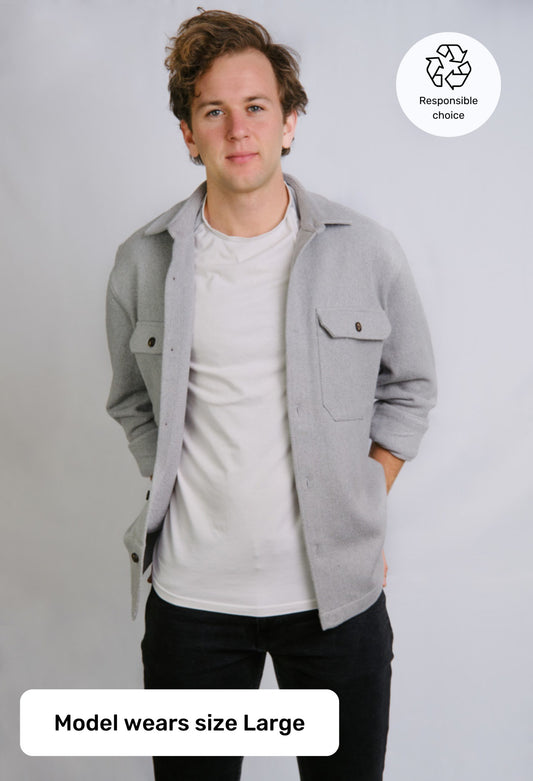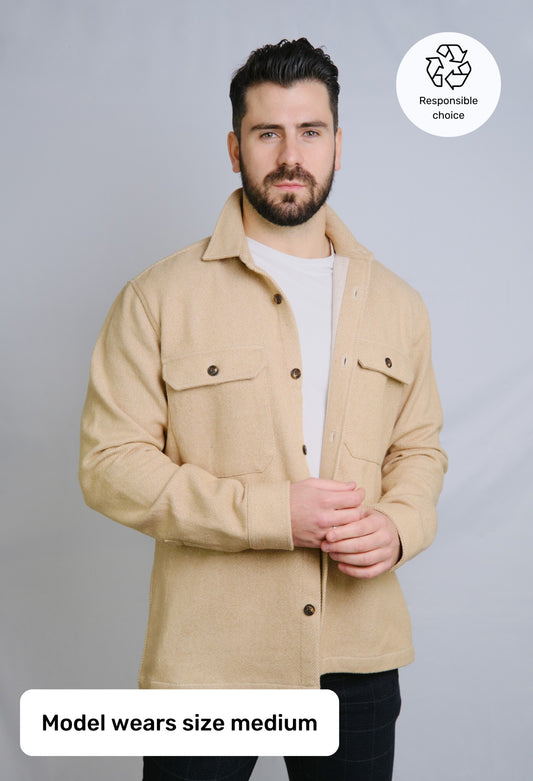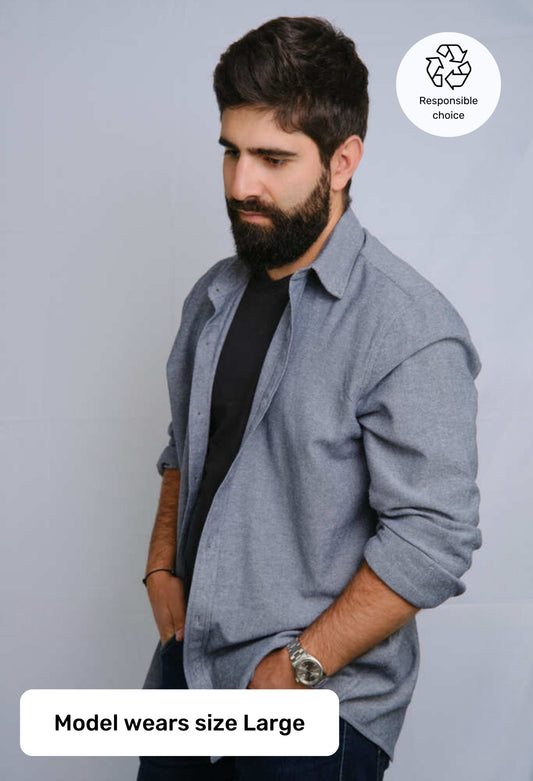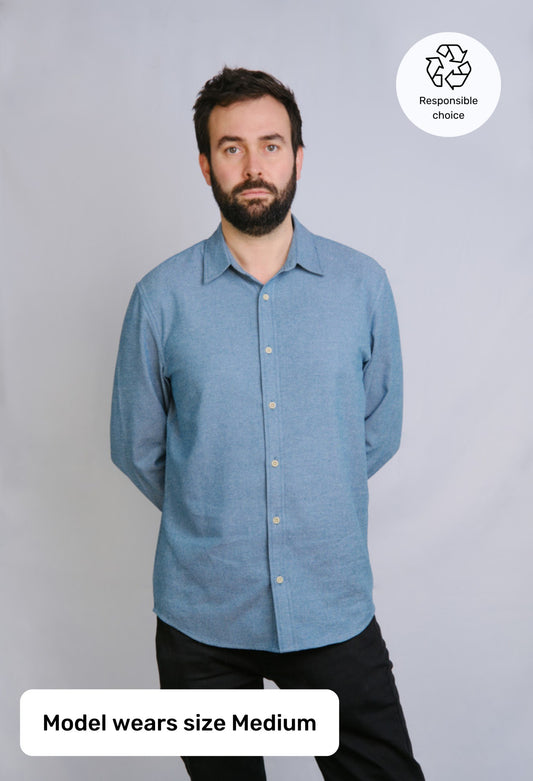
Understanding the Differences between Pre-Consumer and Post-Consumer Recycled Fabrics in Fashion
Share
The fashion industry is known for its fast pace and constant change, but it is also one of the most environmentally damaging industries in the world. The production of textiles and clothing generates a significant amount of waste and pollution, which has led many companies and consumers to seek out more sustainable alternatives. Rewound's use of recycled fabrics and timeless style endeavours to reduce this routine of fast fashion consumption.
Recycled fabrics are one solution to reducing textile waste and promoting resource conservation in the fashion industry. But what exactly are pre-consumer and post-consumer recycled fabrics, and what are the pros and cons of each?
Pre-consumer recycled fabrics are made from textile waste generated during the production process, such as scraps from cutting and trimming. This type of recycling diverts waste from landfills and reduces the need for virgin materials, but it does not address the problem of post-consumer waste.
Post-consumer recycled fabrics, on the other hand, are made from textiles that have been used and discarded by consumers, such as old clothing, bedding, and towels. This type of recycling addresses the problem of post-consumer waste, but it requires a more complex process to sort, clean, and repurpose the materials.
There are pros and cons to each type of recycled fabric, and the best choice will depend on your priorities and the specific product you are making.
Pre-consumer recycled fabrics are often considered the “cleaner” option because the materials have not been contaminated by wear and tear or exposure to the environment. Pre-consumer recycled fabrics are also more readily available, as many textile manufacturers generate large amounts of waste during the production process.
However, pre-consumer recycled fabrics only address a small portion of the overall waste generated by the fashion industry, and they do not address the problem of post-consumer waste. Additionally, the recycling process for pre-consumer fabrics may still require energy and resources, so it is important to consider the overall sustainability of the process.
Post-consumer recycled fabrics, on the other hand, have the potential to significantly reduce the amount of textile waste in landfills and conserve resources. However, the recycling process for post-consumer fabrics is more complex, as the materials must be sorted, cleaned, and repurposed, which can be time-consuming and labor-intensive.
Despite these challenges, post-consumer recycled fabrics are a crucial part of the solution to the waste and pollution generated by the fashion industry. Companies and consumers alike can make a difference by choosing products made from post-consumer recycled materials, supporting textile recycling programs, and reducing their overall textile waste.
Rewound's 100% recycled collection is made from 100% post-consumer recycled fabrics. By supporting recycled fabrics and reducing textile waste, we can all play a role in creating a more sustainable future for the fashion industry.








